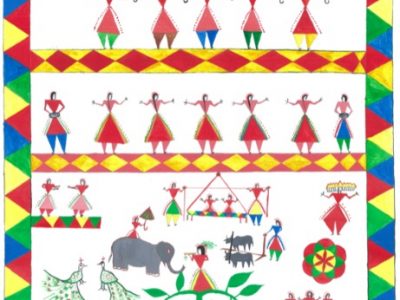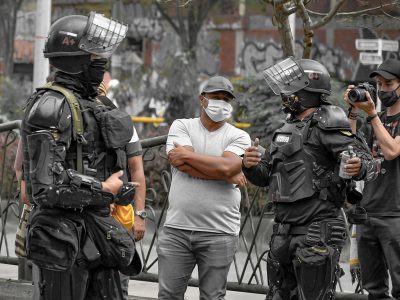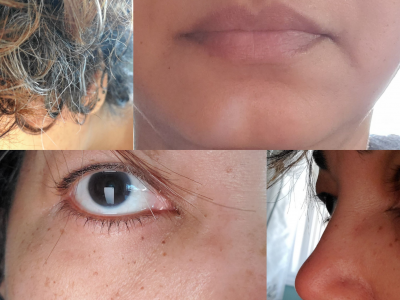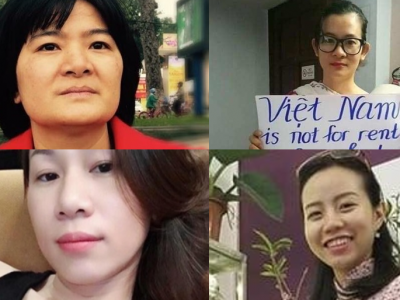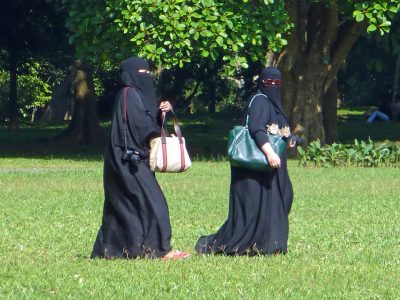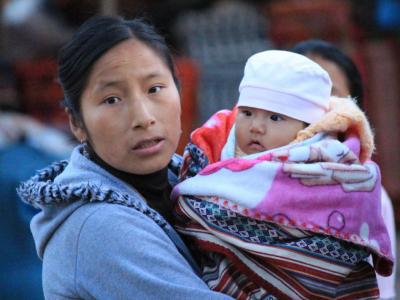Stories about The Bridge from May, 2021
South Asian examples show the centrality of nature in indigenous art
Modern societies can learn much from indigenous art about the importance of nurturing our relationship with nature.
Colombians ‘save the evidence’ as they denounce social media censorship of protests
Different strategies have been created to preserve the record of ongoing protests and state violence, as well as of the content being censored on social media.
How I came to live on Nowhere Island
"The pain of racism is deeper and more disappointing coming from other minorities because you don’t expect it."
Tunisians left to themselves to fight COVID-19
Once the pride of Tunisia, the public health system has deteriorated since the 1990s because of corruption and deregulation in favour of the private sector.
France, Turkey, Poland: The reality of the new COVID-19 spike crisis
“The figures serve to discount the Western implication that Indian democracy and civil society have failed in the last analysis to match the achievements of the richer nations.”
Protecting its people and preserving democracy: Germany's pandemic predicament
Support for the government's response to the pandemic wavered by December 2020, as many Germans began to feel "mask-tired" and frustrated by a problematic vaccine rollout campaign.
Critically acclaimed Bosnian film stirs up the barely buried ghosts of Srebrenica
Quo Vadis Aida? shows what genocide looks like by focusing on the fate of the victims, on family members being separated, knowing they will never see one another again.
The different faces of gender equality in Vietnam politics
"From former political prisoners to the wives of jailed activists to ordinary citizens, many women have been subjected to mistreatment and harassment one way or another."
Burqa ban in Sri Lanka would undermine national security and human rights
Many in Sri Lanka and abroad are condemning the impending ban on wearing burqas and other full-face coverings in public as a breach of human rights.
Forced fertility or infertility? Peruvian women still have no power over their own bodies
A few decades ago, hundreds of thousands of mainly indigenous and poor, rural women were forcibly sterilised. These days, there are other means of reproductive control.
In the grip of pandemic, ‘the time is now’
"I don't know, but I want to be here, persisting. Intemperately. Ridiculously. Maybe even foolishly. And the difficulty has been in believing I deserve that grace. Maybe you feel the same way."


